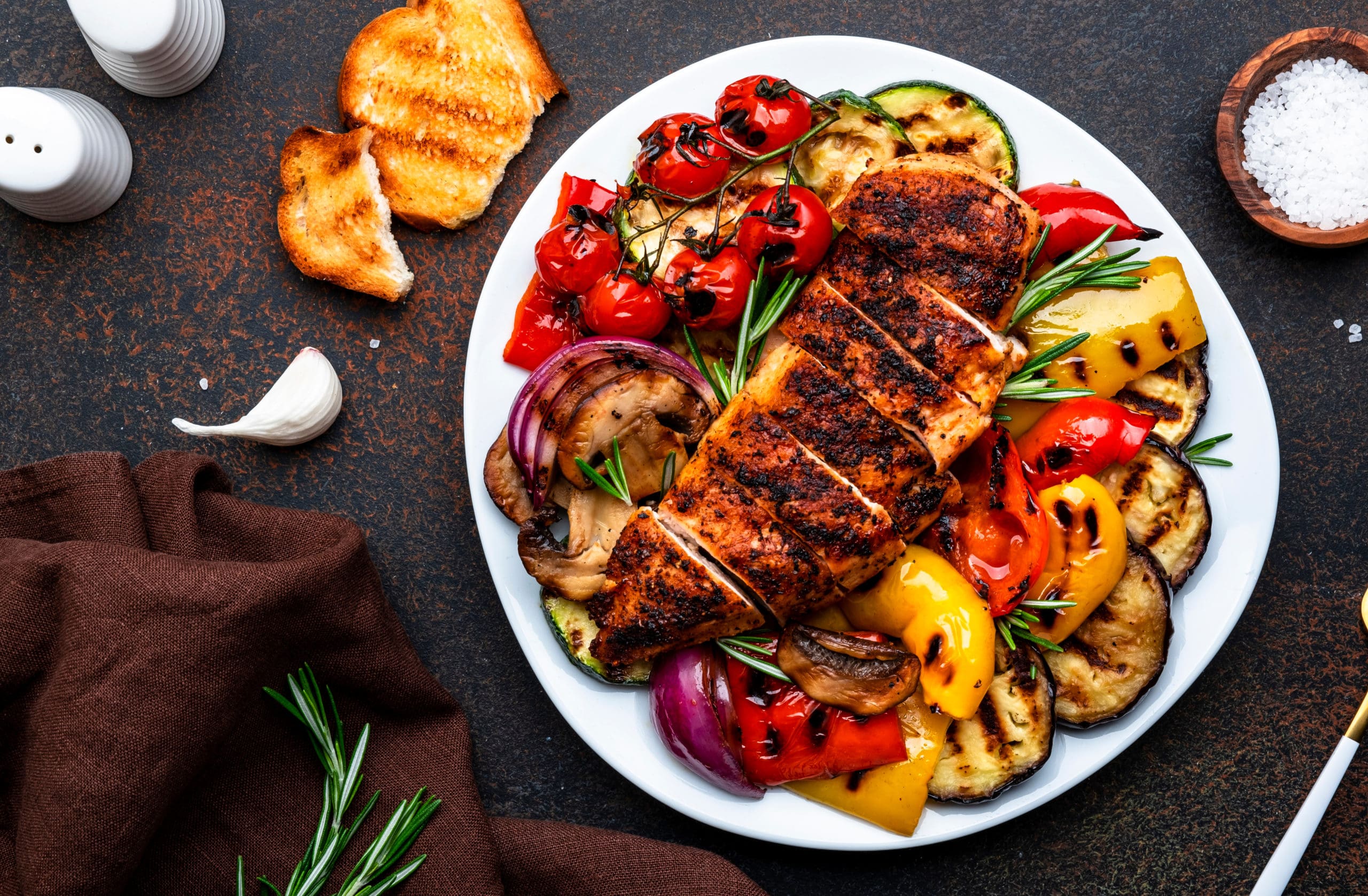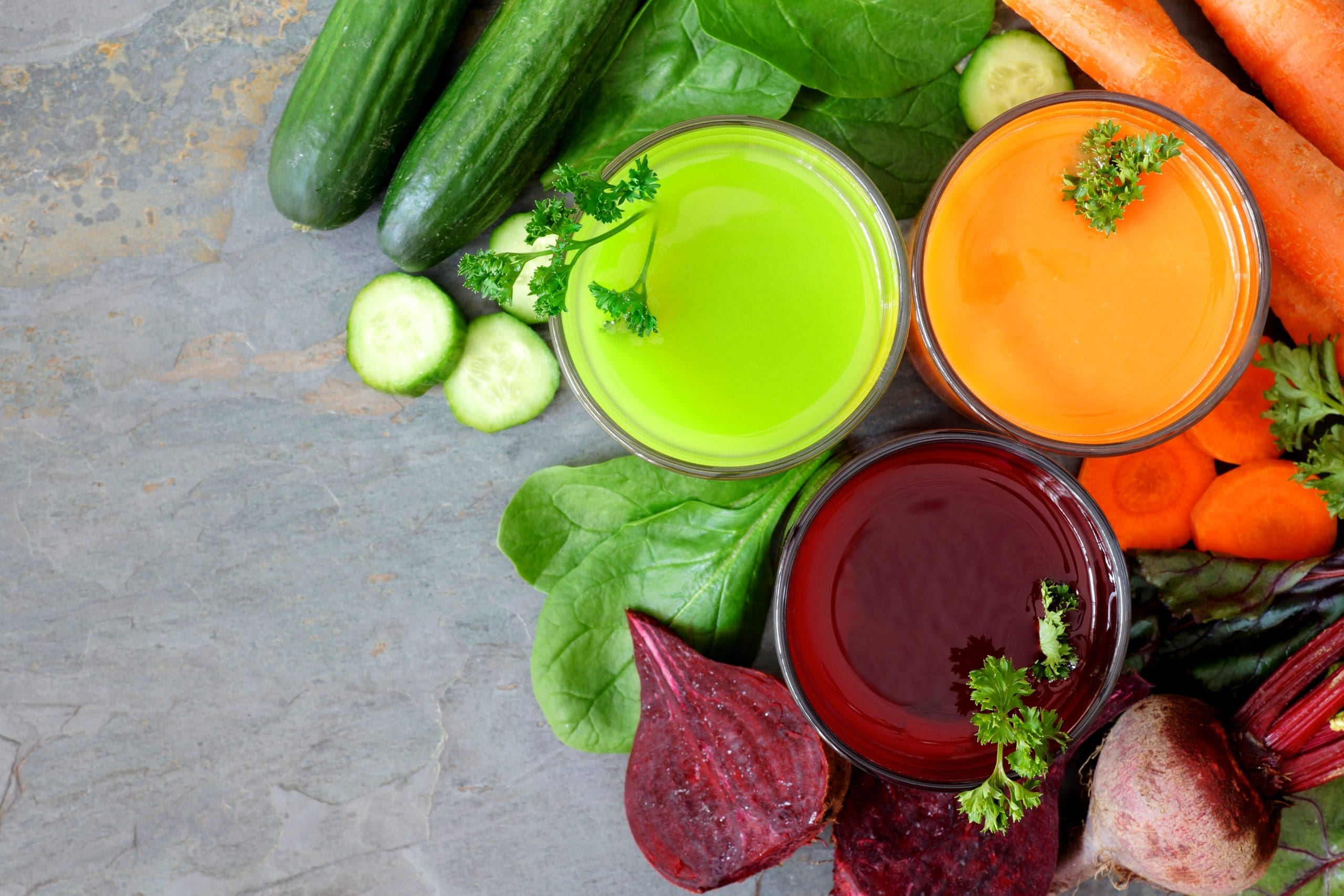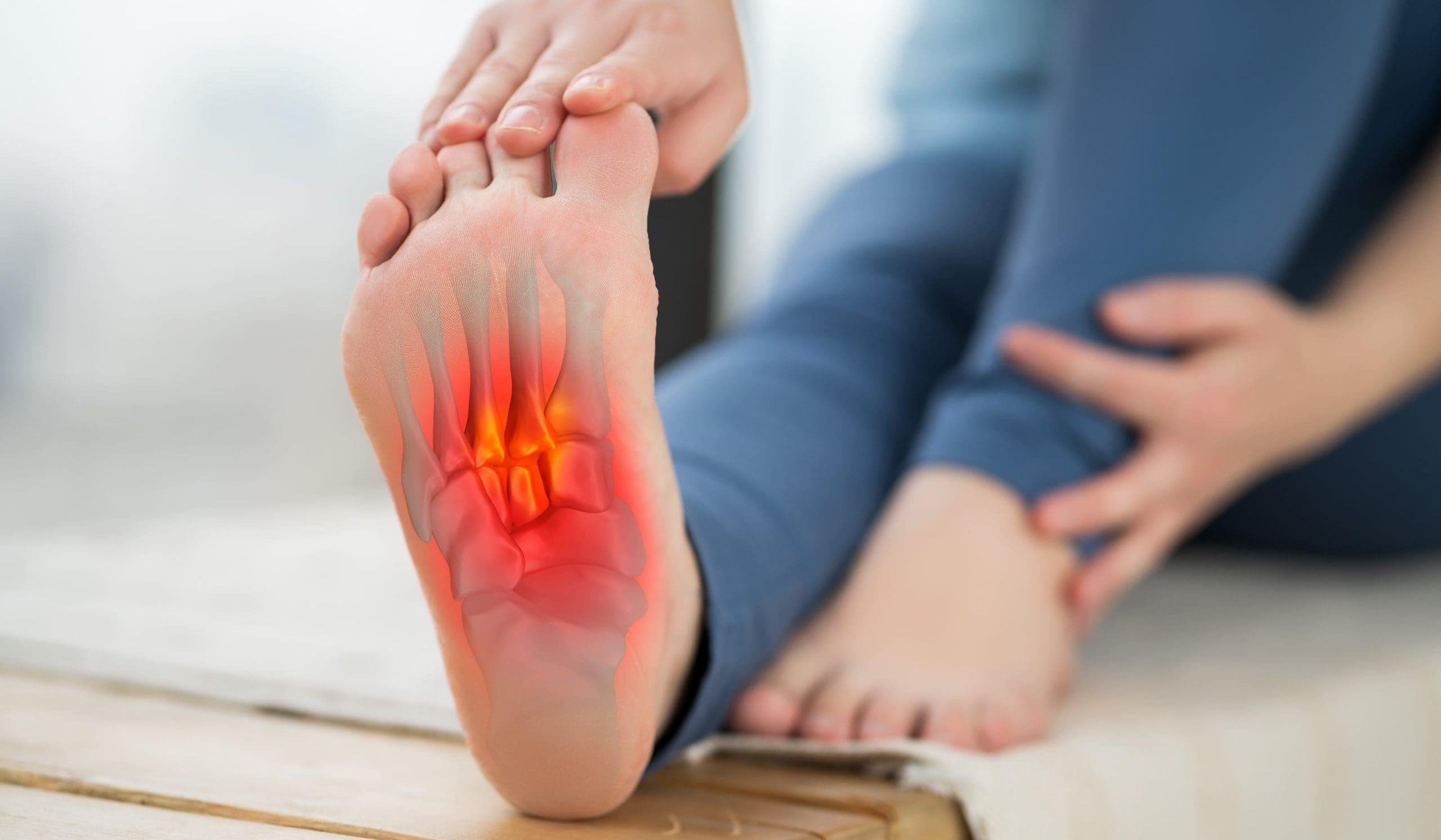Help for plantar fasciitis
By naturopath Margaret Jasinska
Do the soles of your feet hurt to step on first thing in the morning? Are your feet painful to walk on if you’ve been sitting for several hours and then try to get up and walk? It could be plantar fasciitis.
Plantar fasciitis is one of the most common causes of foot pain in adults. It is caused by a strain of the ligaments in an area of the foot called the plantar fascia. This is a thick, pearly white tissue with long fibres that begins at the heel bone and then fans out along the under surface of your feet to the toes. The ligament provides support as the toes bear the body’s weight each time the heel rises during walking. The most common symptom of plantar fasciitis is pain beneath the heel and sole of the foot, but the pain can be felt anywhere along the underside of the feet. The pain is usually worst when initially stepping onto your feet, particularly when first getting out of bed in the morning or when getting up after sitting for some time.
Factors that raise the risk of plantar fasciitis
- Wearing incorrectly fitting or inappropriate running shoes
- Running on excessively hard or unstable surfaces
- Weakness in the muscles of the feet
- Having flat feet
- Being overweight
- Having high arches
- Having excessively high levels of inflammation in your body
Recommended treatment
The conventional treatment of plantar fasciitis involves rest, icing, stretching, taping, the use of anti inflammatory medication, weight loss, physiotherapy, stretching and correction of footwear and biomechanical imbalances, such as the use of orthotics. Cortisone injections are sometimes used in unresponsive cases, although they are usually not very effective. Foot biomechanical issues are certainly important to address; however, it is also critical to address internal factors.
If your body is highly inflamed, the ligaments in your feet could also be inflamed. Systemic inflammation can be caused by several factors; the most common ones include poor diet, immune system disorders (allergies or autoimmune disease), chronic infections, diabetes and obesity (fat cells manufacture inflammatory chemicals), and having a fatty liver.
Certain foods can significantly raise inflammation in your body; these foods include gluten, wheat, sugar, alcohol, artificial additives, dairy products and any food you are allergic to. Getting rid of these foods from your diet can significantly reduce the level of inflammation in your body and, in that way, ease the pain in your feet.


Try to base your diet on vegetables, protein and healthy fats.
Grass fed meat, poultry, seafood and eggs are excellent sources of protein. Good fats help to reduce inflammation and they include olive oil, macadamia nut oil, avocados, oily fish, pastured ghee, coconut oil and the fat on grass fed meat. There is an eating plan based on these guidelines in Dr Cabot’s book ‘Fatty Liver: You Can Reverse It’.


Try to remove sugar, junk food and gluten from your diet.
These foods irritate your immune system and promote the growth of harmful bugs in your digestive tract. They are also addictive and promote hunger and cravings. It is a lot easier to avoid these foods if you are eating adequate protein and healthy fats because they are so satiating.


Glutathione is an anti-inflammatory substance made in your own body.
It helps to mop up free radicals and in that way protects the tissues of your body from wear and tear or damage. Many people don’t produce enough glutathione because they don’t ingest sufficient levels of the building blocks required for its production. Glutathione is made from the amino acids glycine and cysteine, which are present in protein rich foods such as red meat (particular the skin and joints), seafood, poultry and eggs. Collagen Food powder may help to support your body’s connective tissue. Selenium is also required for glutathione production and many people don’t get enough of this vital mineral in their diet. Selenium may help to reduce inflammation.


Find out if you have a food allergy or intolerance.
If you continually eat a food your body is not able to tolerate, it places an enormous strain on your immune system and leads to elevated inflammation. You may need the help of a naturopath to work this one out.


Drinking raw vegetable juice is a fantastic way to lower inflammation.
Try to use a variety of vegetables and the more vibrantly colored, the better. Ginger, pineapple and turmeric are particularly anti-inflammatory. Find recipe ideas in Dr Cabot’s book Raw Juices Can Save Your Life.
Painful feet are an incredibly common problem that can be very frustrating. These recommendations should help, but please see your own doctor for an accurate diagnosis.









Leave A Comment